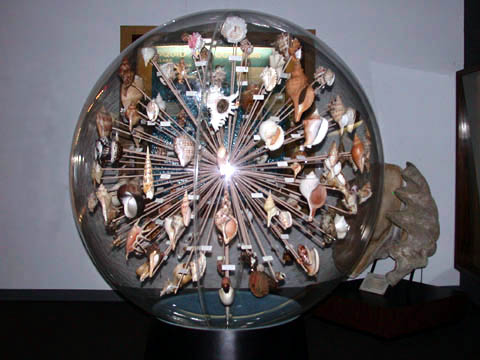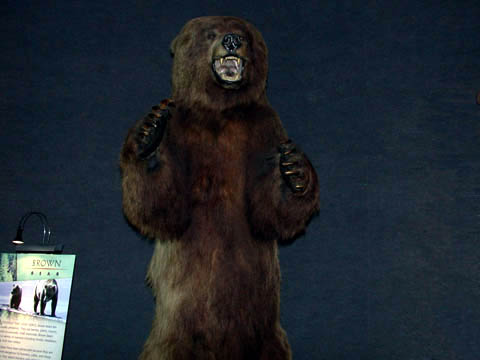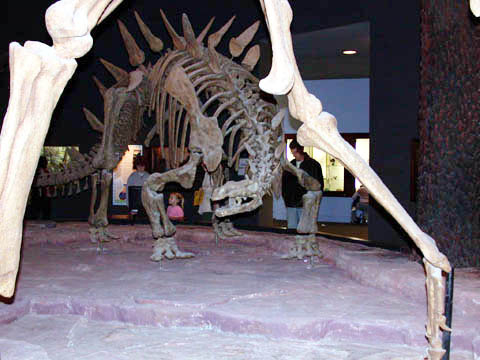Madame la Fleurie
By Wallace Stevens
Weight him down, O side-stars, with the great weightings of the end.
Seal him there. He looked in a glass of the earth and thought he lived in it.
Now, he brings all that he saw into the earth, to the waiting parent.
His crisp knowledge is devoured by her, beneath a dew.
Weight him, weight, weight him with the sleepiness of the moon.
It was only a glass because he looked in it. It was nothing he could be told.
It was a language he spoke, because he must, yet did not know.
It was a page he had found in the handbook of heartbreak.
The black fugatos are strumming the blacknesses of black...
The thick strings stutter the finial gutturals.
He does not lie there remembering the blue-jay, say the jay.
His grief is that his mother should feed on him, himself and what he saw,
In that distant chamber, a bearded queen, wicked in her dead light.
--------
From Poet's Choice by Robert Pinsky in The Washington Post Book World. "When I come across a poem or movie that makes Mother Nature out to be merely sweet and benign in some sentimental humanized way, I think of Wallace Stevens's poem 'Madame La Fleurie,'" writes Pinsky. "True love pays attention, and in his writing Stevens shows real, loving attention to nature. He recognized that the Earth is, indeed, our mother: We come from it. Earth is the lady of flowers, and we use it to describe ourselves and what we see, as though it were a looking-glass. But the Earth reflects our flowery sentiments or our stormy passions only in our imaginings: The flowers and the storms may supply part of the language of images that we use as a way of thinking, but that doesn't mean we understand them or know them. The flowers and the storms don't share our ways of being, nor do the birds. The flowers and storms and birds all come to an end, as we do, but differently."
Pinsky calls the final image a "genuine but almost cartoon-like horror" and says that the poem, "with its grave yet jaunty manner, like a jazz funeral, pays Mother Earth the tribute of a fresh portrait. A wicked, bearded queen, in her dead light! The image is so startling it can make a reader laugh in recognition of its outrageous, irreverent justice. That response is like the audience's laugh of terror at a moment of shock in horror films, but with an added charge of reality...Stevens's poem, with its extravagant funereal strings, its verbal drums and trombones, cheers me up because its reckless energies all serve clarity of vision."
My two major events for the day were going to Silver Spring to see
I did have The Mission on briefly this morning to see how the stereo sound was coming through the new DVD player, since it has my favorite-ever soundtrack, and the kids both got interested despite the fact that they had friends over and were in a hot Nintendo DS competition of some sort. That early shot of the crucified priest going over the waterfall is not easily forgettable, and they appreciated the music as much as I do (having been subjected to repeated playings of "Nella Fantasia" since I got the recording!) Sooner or later we must all watch that together, but this morning's main attraction was Madagascar since we had a houseful of kids and since it has penguins. We made the mistake of suggesting our younger son read Mr. Popper's Penguins and now he wants to know why we can't have an ice rink in the basement and twelve penguins.


Brown bear, brown bear, what do you see? I see a woman with a camera snapping me. (There's also a polar bear, a penguin and a jaguar in the mammal exhibit.)

But of course a main attraction of any natural history museum is dinosaurs. Here's the stegosaurus beneath the T-rex.

No comments:
Post a Comment